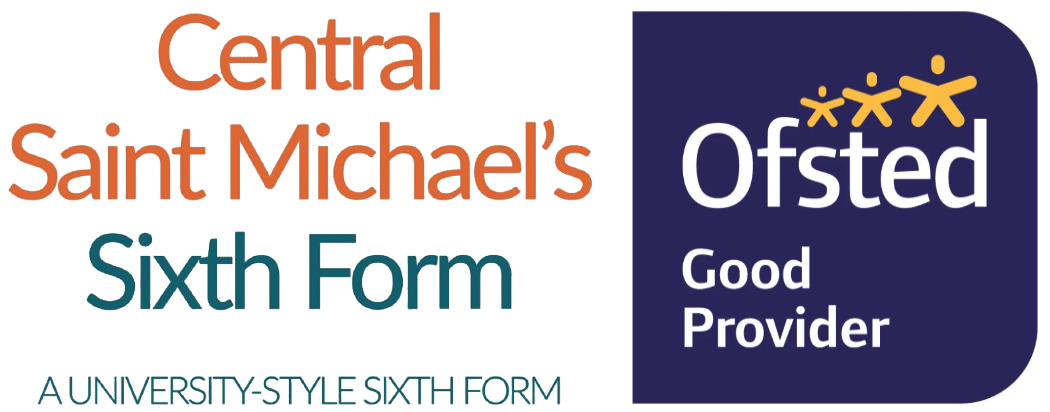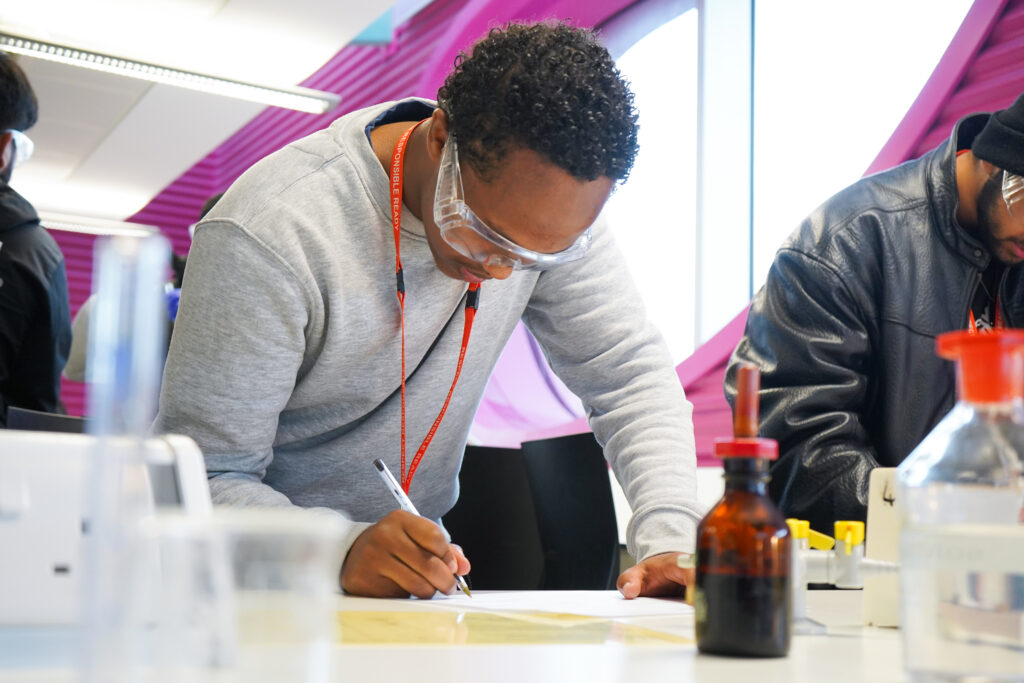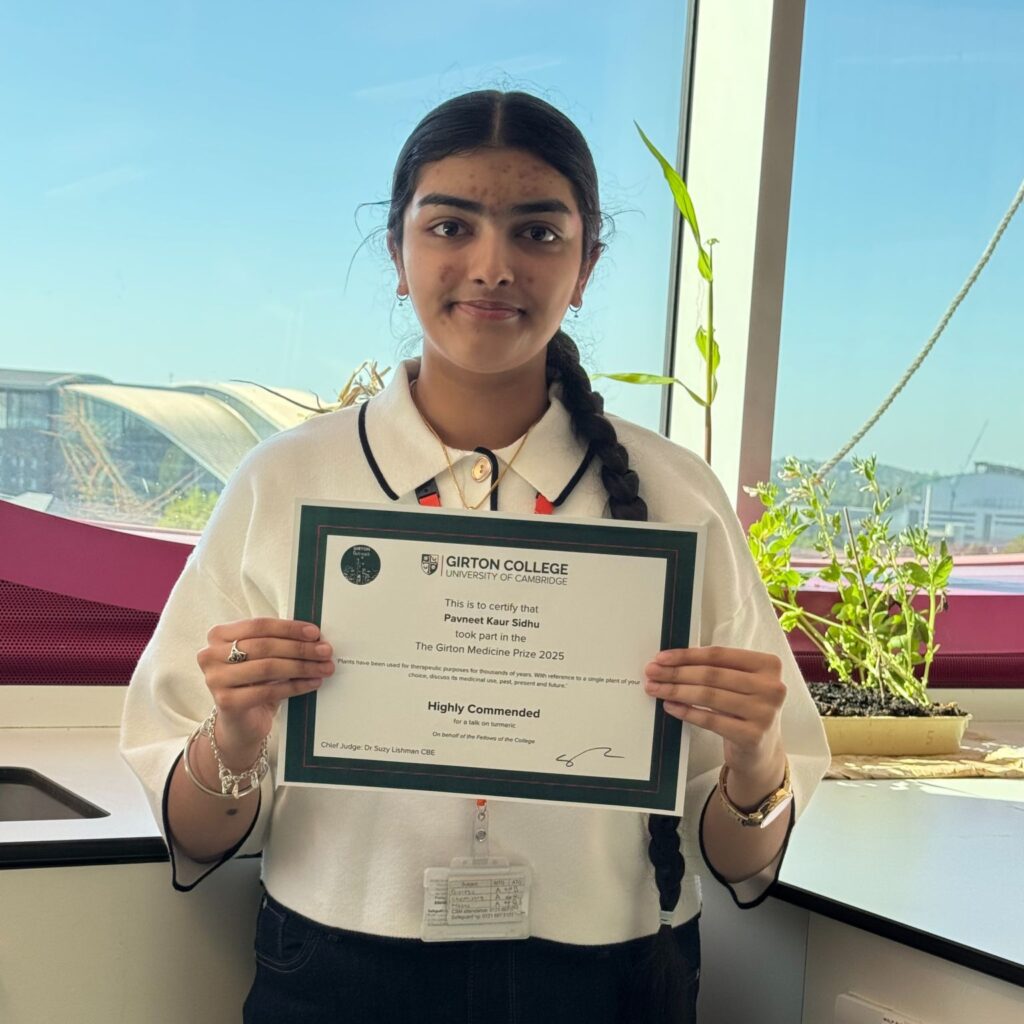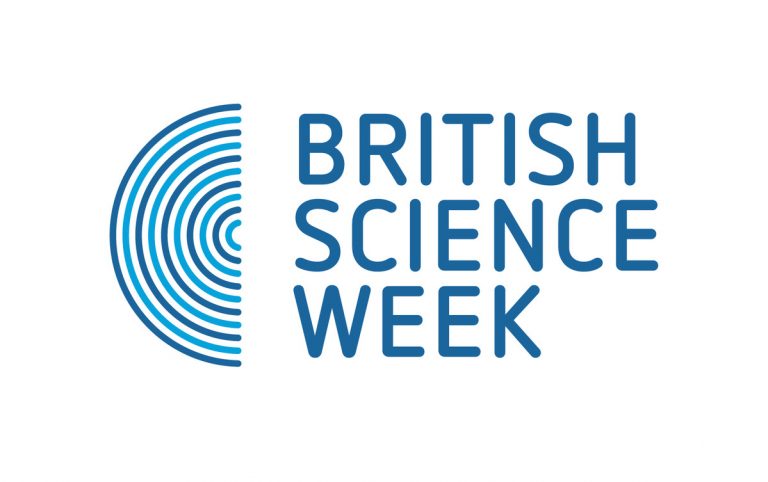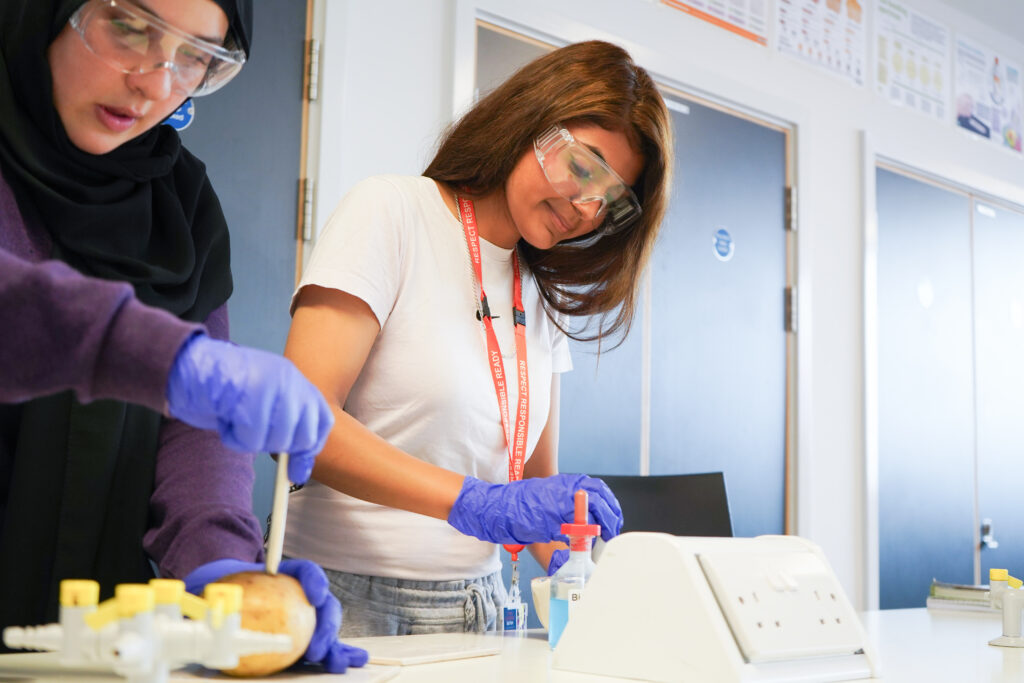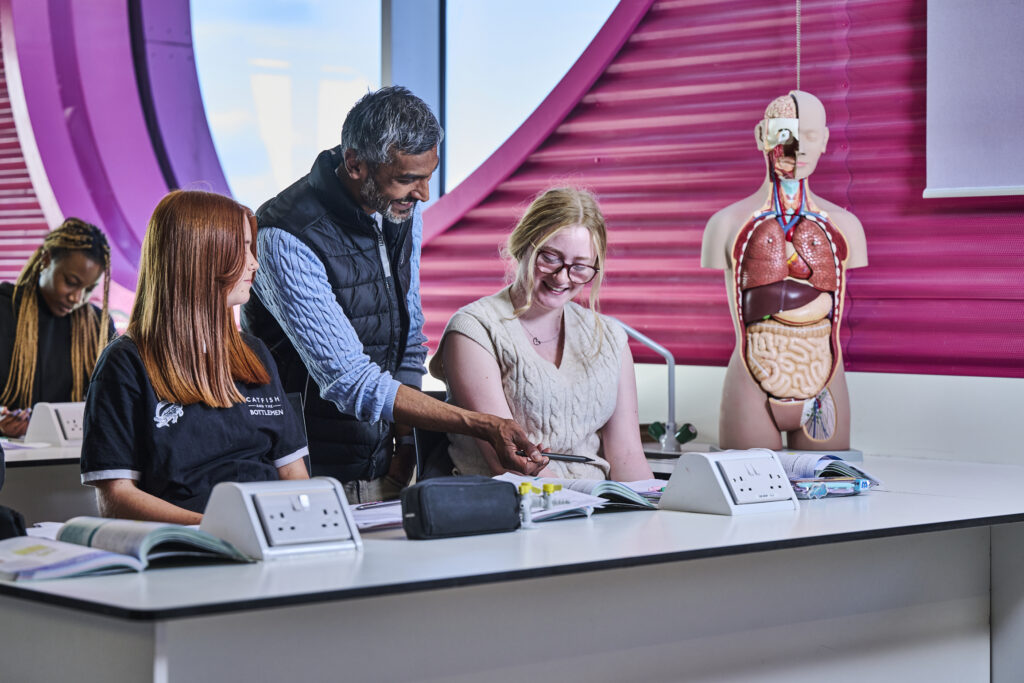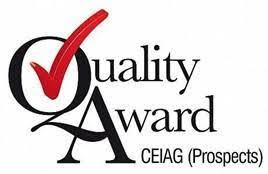Biology is a vital subject for anyone who is thinking of working in healthcare, pharmaceuticals, the food industry, environmental science and a wide range of other careers. Central Saint Michael’s OCR Biology A Level course has been developed in consultation with teachers, employers and higher education to provide students with a qualification that’s relevant to them and meets their needs. It aims to develop:
- your essential knowledge and understanding of different areas of Biology
- a deep appreciation of the skills, knowledge and understanding of scientific methods
- competence and confidence in a variety of practical, mathematical and problem solving skills
- your interest in and enthusiasm for the subject, including developing an interest in further study and careers associated with Biology
- your understanding of how society makes decisions about scientific issues and how the sciences contribute to the success of the economy and society
Content overview
YEAR 1
To be awarded the OCR AS Level in Biology A you must complete both the Breadth in Biology and Depth in Biology components.
Content is in four modules, each divided into key topics:
Module 1: Development of practical skills in biology
- Planning
- Implementing
- Analysis
- Evaluation
Module 2: Foundations in biology
- Cell structure
- Biological molecules
- Nucleotides and nucleic acids
- Enzymes
- Biological membranes
- Cell division, cell diversity and cellular organisation
Module 3: Exchange and transport
- Exchange surfaces
- Transport in animals
- Transport in plants
Module 4: Biodiversity, evolution and disease
- Communicable diseases, disease prevention and the immune system
- Biodiversity
- Classification and evolution
YEAR 2
To be awarded the OCR A Level in Biology A you must complete all four of the Biological Processes, Biological Diversity, Unified Biology and Practical Endorsement in Biology components.
Content is in six modules, each divided into key topics:
Module 1: Development of practical skills in biology
- Practical skills assessed in a written examination
- Practical skills assessed in the practical endorsement
Module 2: Foundations in biology
- Cell structure
- Biological molecules
- Nucleotides and nucleic acids
- Enzymes
- Biological membranes
- Cell division, cell diversity and cellular organisation
Module 3: Exchange and transport
- Exchange surfaces
- Transport in animals
- Transport in plants
Module 4: Biodiversity, evolution and disease
- Communicable diseases, disease prevention and the immune system
- Biodiversity
- Classification and evolution
Module 5: Communication, homeostasis and energy
- Communication and homeostasis
- Excretion as an example of homeostatic control
- Neuronal communication
- Hormonal communication
- Plant and animal responses
- Photosynthesis
- Respiration
Module 6: Genetics, evolution and ecosystems
- Cellular control
- Patterns of inheritance
- Manipulating genomes
- Cloning and biotechnology
- Ecosystems
- Populations and sustainability
You will gain practical skills throughout the course, which are assessed in the written examinations and in the practical endorsement.
Facilities
Central Saint Michael’s Sixth Form provides excellent facilities and resources to help Biology students succeed academically and prepare for university or science-based careers, including:
- Modern Science Laboratories: Well-equipped labs designed for practical experiments such as dissections, microscopy, and genetics work. These spaces support active, hands-on learning alongside theoretical study.
- Digital Computer Labs: These are equipped with up-to-date software to support research, data analysis, and scientific modelling, which is especially useful in Biology for understanding complex systems.
- Interactive Learning Tools: Biology students benefit from virtual labs and online simulations that help reinforce key concepts and prepare you for assessments.
- Group Study & Collaboration Areas: These allow for teamwork, project-based learning, and revision in a more flexible, university-style environment.
- Access to High-Quality Lab Equipment: The college provides a wide range of resources to support Biology practicals, encouraging students to develop investigative and analytical skills.
